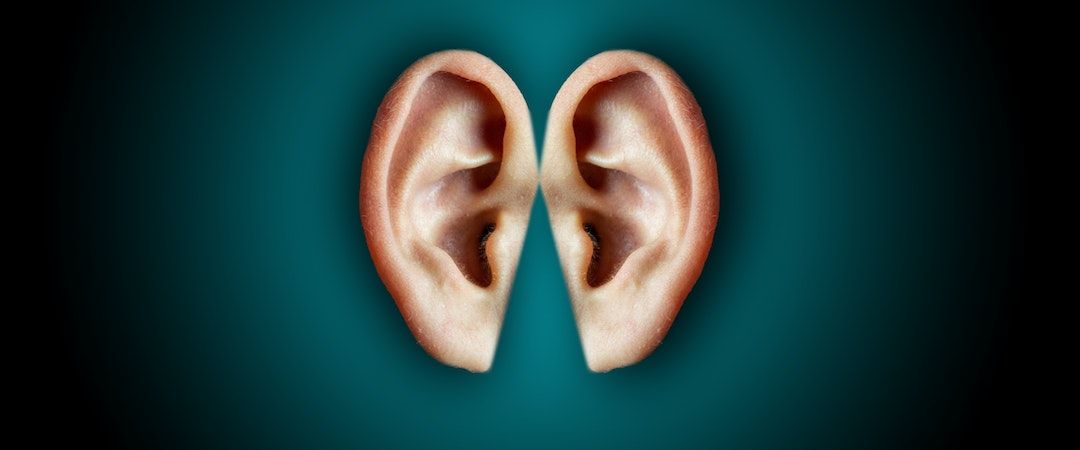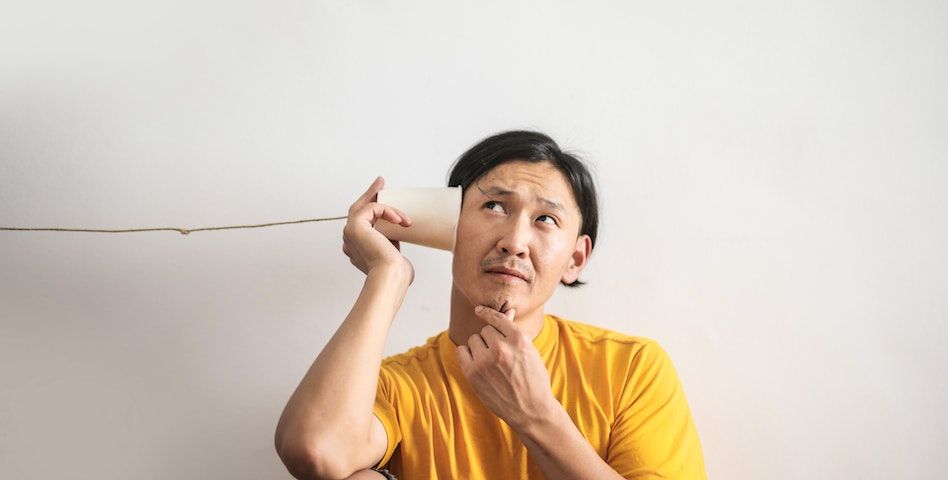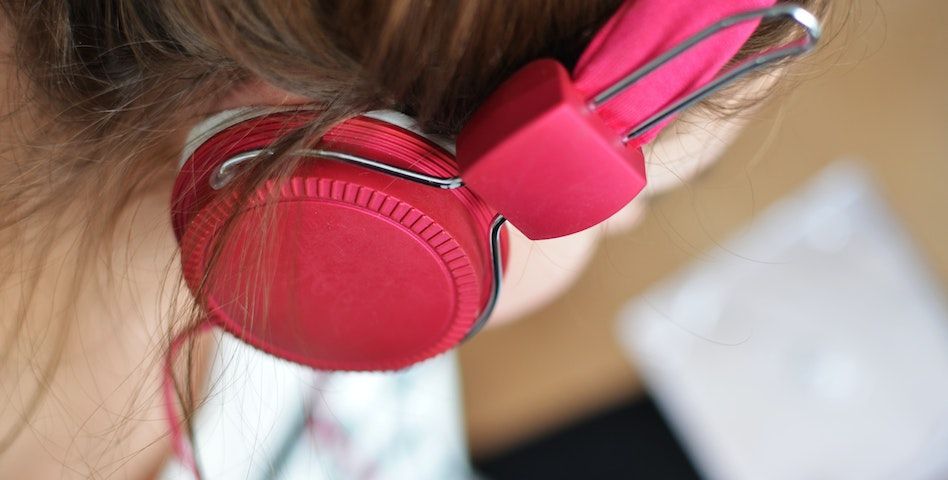When To Start Caring For Our Ears?
In this blog, we will discuss when to start caring for our ears, the importance of proper nutrition, and some good habits to help maintain healthy ears.

Our ears are a vital sensory organ that allows us to hear the world around us. Yet, we often neglect our ears until we begin to experience hearing loss or other ear-related issues. We take care of our eyes, our skin, and our teeth, but often forget to take care of our ears. In this blog, we will discuss when to start caring for our ears, the importance of proper nutrition, and some good habits to help maintain healthy ears.

The Importance of Caring for Our Ears
We often take our hearing for granted until we start experiencing hearing loss. According to the World Health Organization, approximately 466 million people worldwide have disabling hearing loss. Many factors can contribute to hearing loss, including genetics, age, exposure to loud noises, and infections. However, many instances of hearing loss can be prevented through proper ear care.
Healthy Ears Start with Proper Nutrition
Proper nutrition plays a crucial role in maintaining healthy ears. Some foods that can promote ear health include:
Omega-3 Fatty Acids
Found in fish such as salmon, tuna, and mackerel, Omega-3 fatty acids help reduce inflammation and promote blood flow to the ears.
Vitamin C
Found in fruits such as oranges, strawberries, and kiwis, Vitamin C is an antioxidant that helps prevent ear infections.
Magnesium
Found in foods such as spinach, almonds, and avocado, Magnesium helps protect against noise-induced hearing loss.
In addition to incorporating these foods into our diets, it's important to limit our intake of sugar and saturated fats, as they can contribute to inflammation and poor circulation in the ears.
Good Habits to Take Care of Our Ears
There are several good habits we can adopt to help maintain healthy ears. These include:
1.Protecting our ears from loud noises
Exposure to loud noises can cause damage to our ears, leading to hearing loss. Using earplugs or noise-cancelling headphones can help protect our ears in noisy environments.
2. Cleaning our ears safely
We need to be careful when cleaning our ears as using cotton swabs or other objects can push wax further into the ear canal, leading to blockages and infections. It's best to use warm water or ear drops to help soften the wax and allow it to come out naturally.

3. Avoiding smoking
Smoking can cause inflammation and reduce blood flow to the ears, leading to hearing loss.
4. Getting regular hearing check-ups
Regular check-ups with an audiologist can help identify any hearing issues early on, allowing for prompt treatment and preventing further damage.
How Does It Feel To Live Without Hearing Ability?
Living without the ability to hear can be a challenging and isolating experience. Here are some limitations that individuals with hearing loss may face:
- Difficulty communicating with others, leading to feelings of isolation and loneliness
- Struggle to follow conversations, especially in noisy environments
- Reduced ability to enjoy music or other sounds
- Difficulty hearing alarms, doorbells, or other warning sounds
- Challenges in the workplace, especially in professions that require good hearing, such as music, teaching, or healthcare
- Increased risk of accidents or falls due to difficulty hearing warnings or cues in the environment
These limitations can have a significant impact on an individual's quality of life, making it essential to take care of our ears and prevent hearing loss whenever possible.

Conclusion
In conclusion, our ears play a crucial role in our daily lives, and it's essential to take care of them from an early age. Proper nutrition, good habits, and regular check-ups with an audiologist can help prevent hearing loss and other ear-related issues. By adopting these habits and taking care of our ears, we can maintain healthy hearing and continue to enjoy the sounds of the world around us.